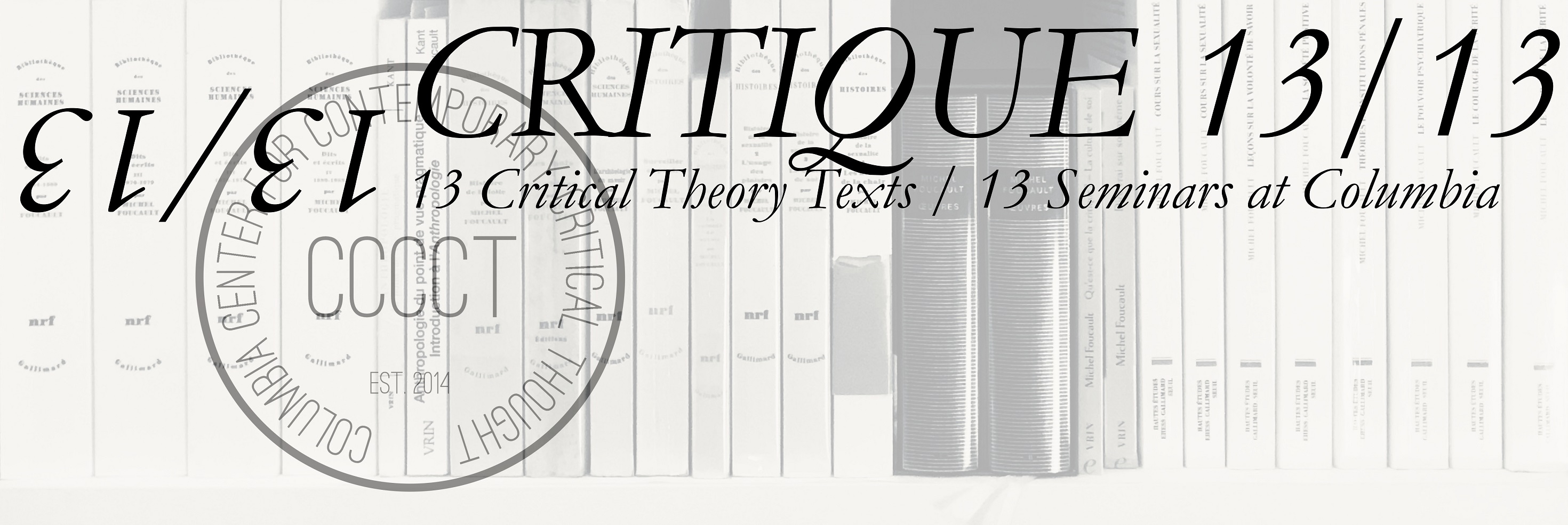By Matheus Chatack Dias*
One of the thornier problems of critical and liberatory theories is how to free the oppressed without infantilizing them or recreating the same structures of oppression. Paulo Freire attacks the problem with a sophisticated theory of mutual education—a process which creates a field of equals without renouncing the role of educators, and which intertwines education and liberation, the individual and the collective.
Pedagogy of the Oppressed is informed by a particular vision of human nature and our telos. According to Freire, humans are by nature unfinished (Freire, 1982: 35), and this incompleteness makes us open beings without a predetermined purpose or horizon. If the incompleteness is a form of freedom, the freedom is a challenge to every human to be more, and this demands an internal, individual research. Moved by restlessness that is itself the product of our incompleteness, we must strive to be more inside the story that we write for ourselves (Freire, 1982: 29).
However, Freire’s pedagogy does not focus on this process but rather on what happens when the human is not free and cannot be more, which is what Freire means by oppression: the inability to be more that leads humans to be less. Since our vocation is to be more, to be less is a form of dehumanization; it is a state in which we are unable to write our own stories, trapped in a system that compels us to act according to alien desires. The oppressed is instrumentalized, a tool for the oppressor’s own desires, and when a person is a tool and does not act according to her own desire, she is not making her own story. She becomes less rather than more (Freire, 1982: 30).
This explains the need for a pedagogy of liberation, capable of creating a communicative structure that will dissolve the chains of the oppressed (Freire, 1982: 73). Although liberation might seem to start by showing the oppressed their chains, Freire’s pedagogy is more complex: the trapped must release themselves (Freire, 1982: 79). Liberation is a collective process, and dialogue is the key.
Dialogue—the exercise of hearing the others’ experiences of the world— is not easy, and Freire does not romanticize the world. In fact, he foresees that the oppressed, who have internalized the values of the oppressor and a fear of freedom, will initially resist overcoming the structures of oppression. Wary of freedom, they will think the only alternative to being oppressed is to become an oppressor (Freire, 1982: 33). When the oppressed turns into an oppressor, nothing fundamental changes—even within herself. The only way to really be more is by committing to liberate everyone and move beyond a world in which there are oppressors or oppressed (Freire, 1982: 47).
Thus, for Freire, dialogue is a key form of action and agency, the means not only for understanding, but also for transforming the world (Freire, 1982: 95). Dialogue is also inherently critical: it emerges from the collective objective to move from inertia to action. By revealing the world for what it is, and identifying the “limit situations” in which the oppressor impedes the impressed from acting freely, it provides a roadmap to action (Freire, 1982: 106).
It is not a dialogue between two human beings who want to reassure each other of their own views. It is a dialogue that bridges different visions of the world to build a comprehensive and communal worldview. The objective is to “pronounce the world” together (Freire, 1982: 95-97). To arrive at this collective worldview, individuals disclose their backgrounds and stories. Some people will have specific knowledge that, when shared, will produce more impact on others—and the educator has this role. But a teacher’s knowledge is not more relevant than that of her students (Freire, 1982: 99). This commitment ensures that neither the subjective nor the objective aspects of education are ignored, and that the individual is respected as much as the collective (Freire, 1982: 38). In fact, respect of each individual’s subjective knowledge and experience is crucial on the path towards a collective and more objective comprehension of the world (Freire, 1982: 108).
Through dialogue, we learn to search for everyone’s freedom, and this implies not only respect and empathy, but also the capacity to project the future. While animals have a timeless view of the world, the human being is historical. Conscious of past and future, and the place they occupy in the world and in time, humans are not condemned to the present. Our actions can be informed by a collective image of the future. (Freire, 1982: 105).
Freire’s view of humanity is thus historical and relational—the result of an unfolding social process. While he recognizes that relations between human beings are often oppressive, he also sees human relations as the key to collective liberation. Since humans are historical and relational, it is impossible to change the structures of oppression at an individual level. And this is why, rather than utopian, Freire’s theory is relevant and necessary.
Note
* Master in Law student, PUC-Rio.
Bibliography
Freire, Paulo (1982) Pedagogia do Oprimido, Rio de Janeiro: Paz e Terra
